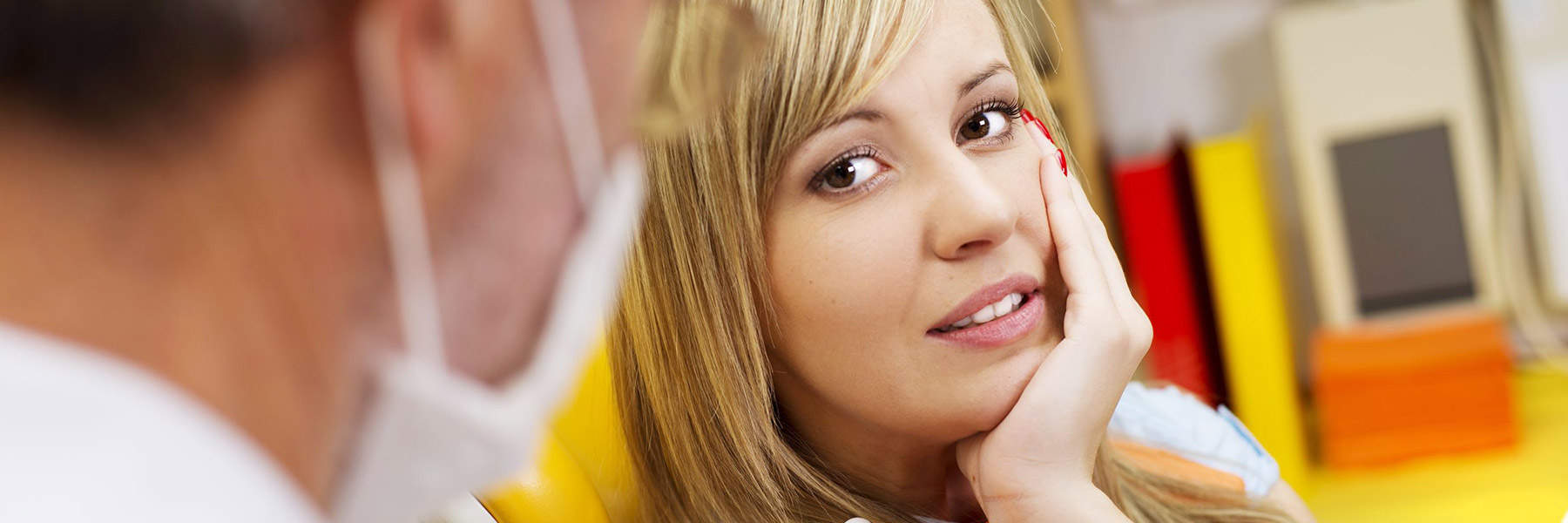
Did you know, there can be a variety of physical causes behind a person’s bruxism habit.
Teething
As your baby grows a set of teeth, he/she might pick up a new annoying habit. Teeth grinding — or bruxism — is common in babies, especially those who are currently teething. Though this behaviour concerning, there’s usually no reason to be.. It will pass.
Genetics
Interestingly, there is a growing acceptance that heredity does in fact play a significant role in the development of bruxism. The article Bruxism and genetics: a review of the literature, published in the Journal of Oral Rehabilitation, looked at studies done pertaining to the correlation between bruxism and heredity. The study reviewed 32 publications which were narrowed down to 10 that were deemed relevant. With the exception of one of the twin studies, all of the studies concluded that bruxism was partly genetically determined. Although no specific genetic markers have been identified yet, 21-50% of sleep bruxism sufferers have a direct family member affected by the condition. We must not forget that correlation does not equal causation and it is virtually impossible to quantify heredities contribution to the probability of developing bruxism. There is still much we don’t understand about the causes of bruxism, but as of right now, the evidence points mainly to stress and heredity as the key sources
Medication
Research shows that certain medications are known to cause bruxism – in particular, some that are used to treat psychiatric conditions. It’s thought that these drugs cause changes in the central nervous system that lead to teeth grinding and jaw clenching. Examples of such medications include antipsychotics and antidepressants, particularly selective serotonin reuptake inhibitors (SSRIs) like Prozac (fluoxetine), Zoloft (sertraline), and Paxil (paroxetine).
Illness
Teeth grinding, or bruxism, is a common symptom of certain medical conditions – usually nervous system disorders – including:
- Huntington’s disease, a genetic disorder
- Parkinson’s disease
- oromandibular dystonia, a condition that causes involuntary muscle spasms in the face, jaw, and tongue
- cerebral palsy
Dehydration
Misalignment
If you suffer from night time bruxism and it’s various symptoms – such as headaches and migraines – you could benefit from wearing a night guard such as the F.O.S. splint. Find a F.O.S. provider near you.





